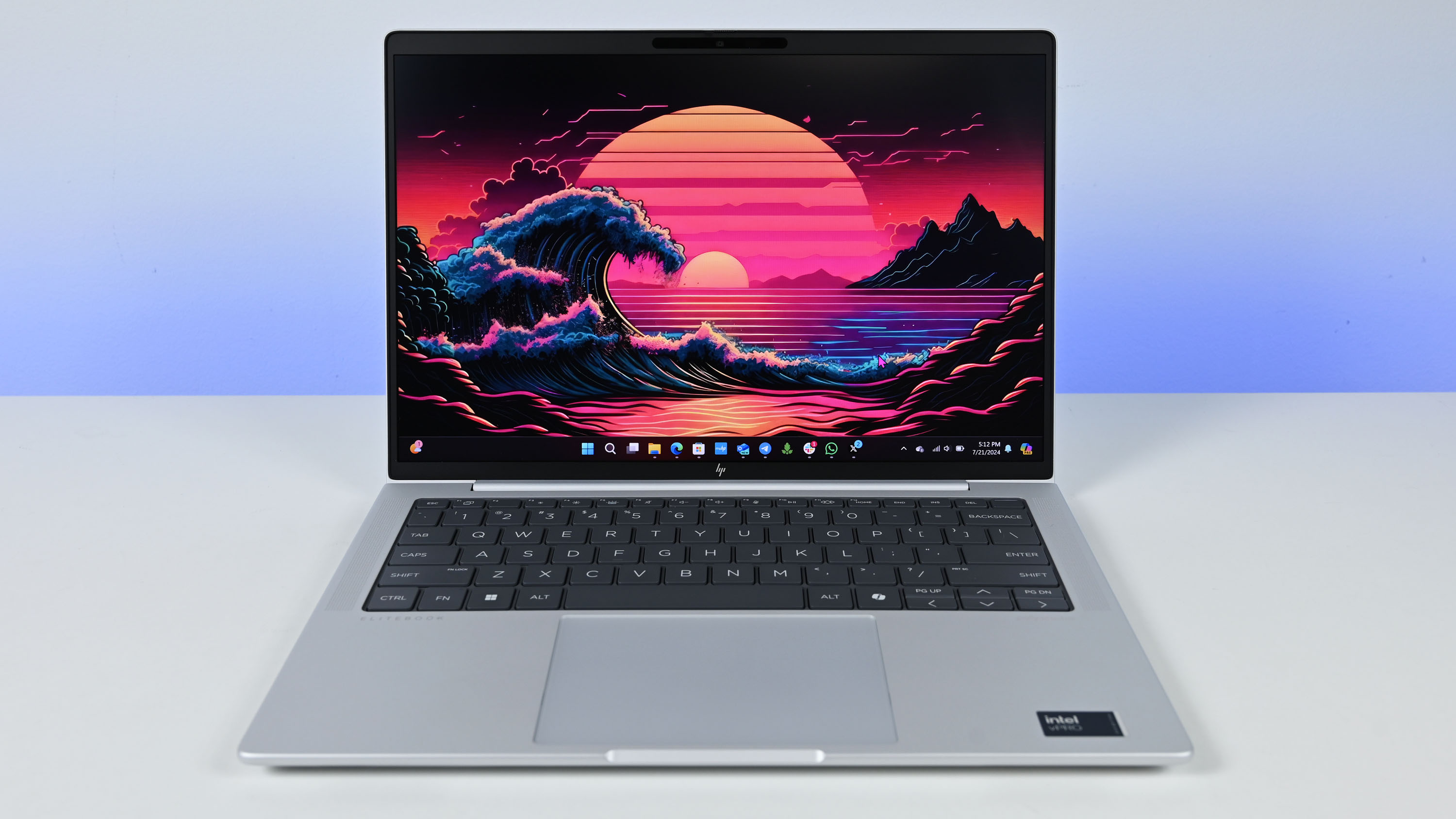PS5 games prices are higher than Xbox — but is that a good thing?
We're heading for a price hike on games, but are Microsoft and Xbox going to follow the rest of the industry?
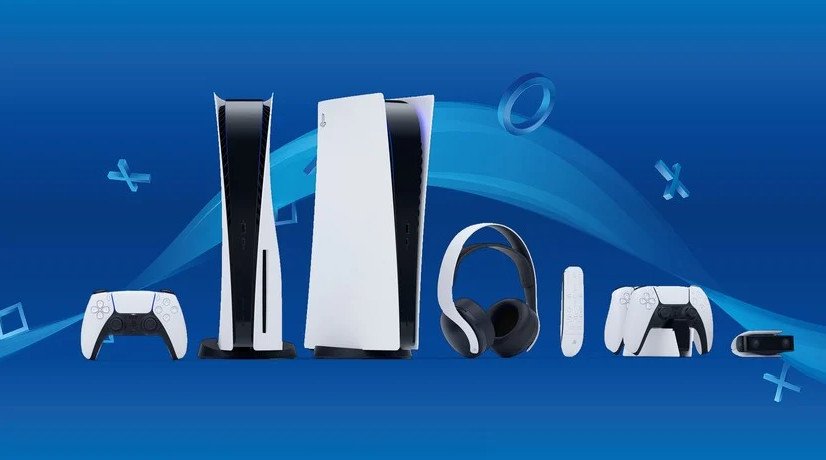
Sony made headlines with its $399 disc-less PlayStation 5 (PS5), grabbing a lower entry point to the comparable 4K Xbox Series X. Microsoft also a $299 disc-less option in the form of the HD-oriented Xbox Series S. Both the Xbox Series X and Xbox Series S preorders are slated to go live next week, alongside the PS5 preorders. We're almost in the full swing of the next-gen console war.
Despite Sony undercutting the Xbox Series X with its digital edition, a quick glance at the small print reveals some interesting caveats. Not only will PS5 controllers be getting a price hike to coincide with the fact PS4 controllers aren't compatible with the PS5, but Sony is dropping a price hike on its games, jumping from $60 to $70 in the U.S., and often even more in Europe, the UK, and other markets.
Publishers are also following suit, with various next-gen games from third-party developers hitting $70 as well. One outlier, at least right now, is Microsoft, which has thus far stuck to the $60 standard price we've seen for years.
Should Microsoft follow the rest of the industry with a price hike on its games, or are there other options for Xbox?
Potential cons of sticking to $60
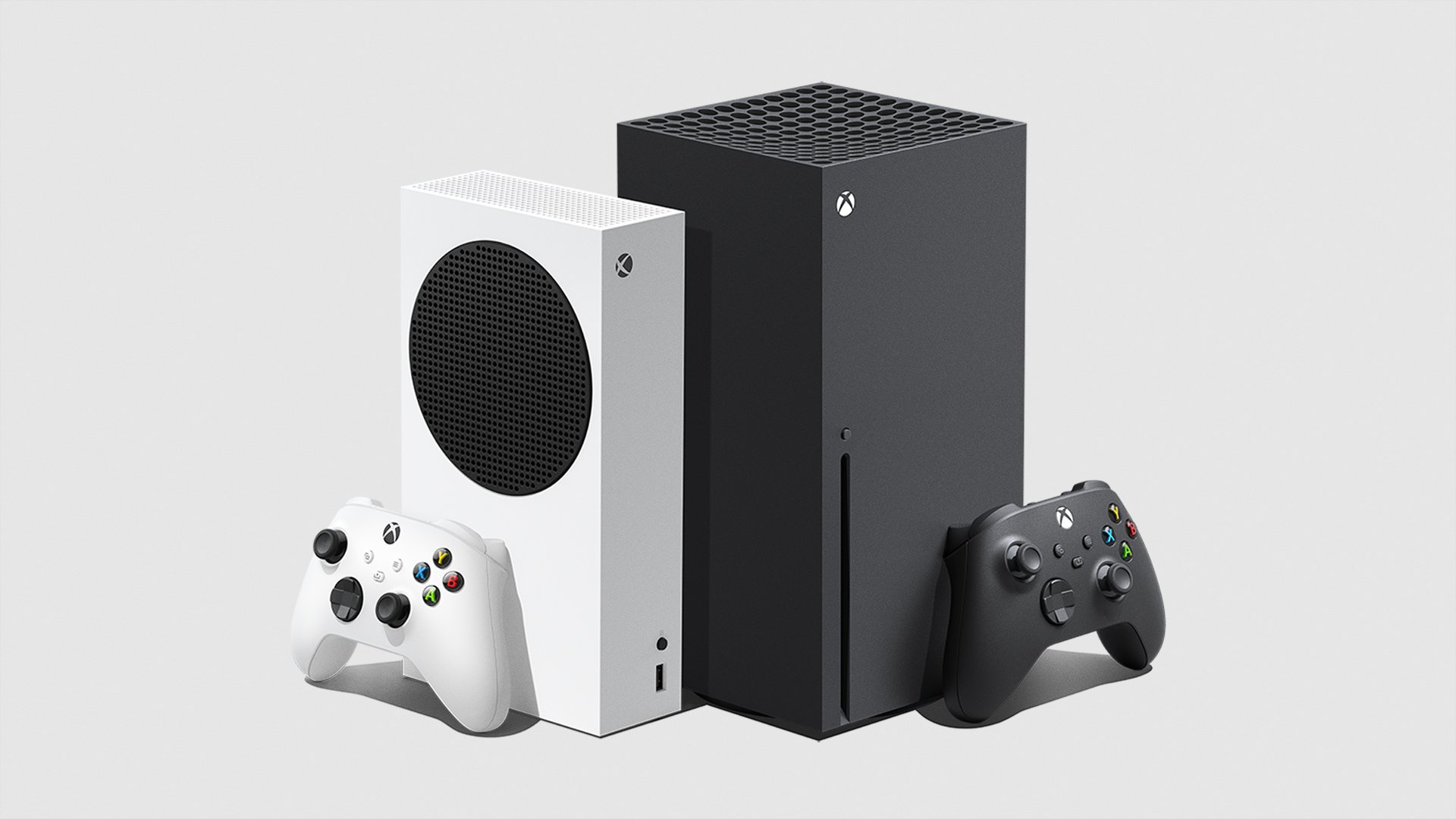
If Microsoft sticks to the $60 price point for games while the industry at large moves on to $70, the obvious downside is less cash to reinvest in the business.
With Xbox Game Pass forming the basis of Microsoft's next-gen offering, investing in studios and content is more important than ever. If the wider industry is moving to a model of $70 per game and Microsoft isn't, it is potentially leaving money on the table while other publishers cash in.
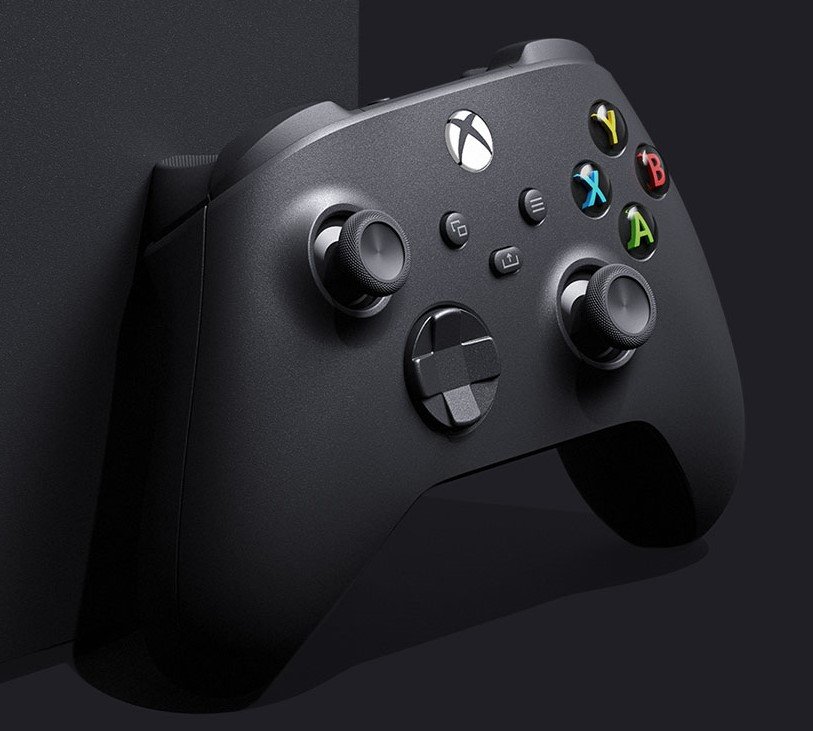
Naturally, Sony, Microsoft, and other platform holders take a cut of games sold through their platforms. There are screenshots floating around of PS5 games being more expensive than the equivalent Xbox Series X game, although when doing my own searches, I found that the major third-party multiplatform games like Assassin's Creed Valhalla and Cyberpunk 2077 seem to be the same price across the board.
Get the Windows Central Newsletter
All the latest news, reviews, and guides for Windows and Xbox diehards.
That indicates to me that this increase is specifically for games Sony is publishing, such as Demon's Souls, which is $70. Typically platform holders don't set the price of third-party games, and there's no indication that Sony has increased its cut of its collaborator's revenues. This has more to do with subsidizing the hardware, which Sony and Microsoft both are most likely selling at a loss. Microsoft can eat those costs more easily than Sony can, but at least in theory, wouldn't a $70 Halo Infinite give Xbox more resources to reinvest in 343i, and increase the cadence of fresh content?
Potential pros of sticking to $60
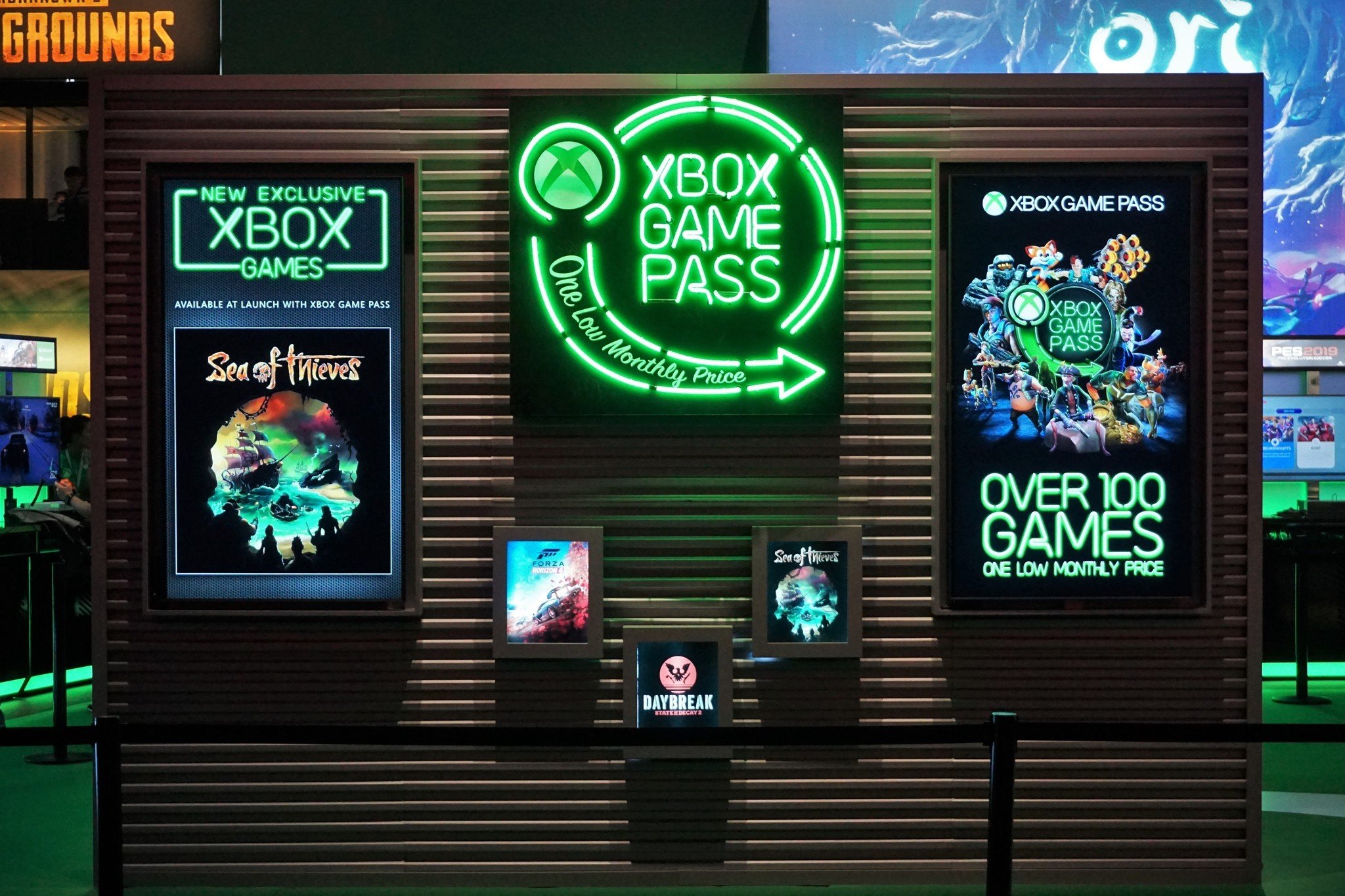
If Microsoft sticks to the $60 price for games, it becomes a point of differentiation that could be attractive to consumers, especially in territories where the price hike is deeper, like the EU. The fact Microsoft is also publishing its games on Steam and the Microsoft Store for PC creates a deeper price disparity. Historically, PC games have been cheaper than their console counterparts. With console games costing even more in the new generation, that price disparity would get even deeper.
Microsoft could market a suite of benefits that prove Xbox is more affordable overall.
Even though the PS5 Digital Edition is, on paper, cheaper than the Xbox Series X, the fact you can't use your old PS4 controllers and need to buy Sony's games at $70 a pop — a major selling point of PlayStation in general — the actual real-world overall cost is potentially higher for some than simply buying an Xbox Series X with Xbox Game Pass.
Microsoft could market a suite of benefits that prove Xbox is a lower overall cost than PlayStation 5 for next-gen, particularly when you factor in Xbox All Access, which lets you pick up an Xbox console and Xbox Game Pass on a two-year monthly payment contract. Either way, any price hike just increases the value proposition of Xbox Game Pass, which lets Microsoft continue to push that growing segment of its gaming business.
What do you think?
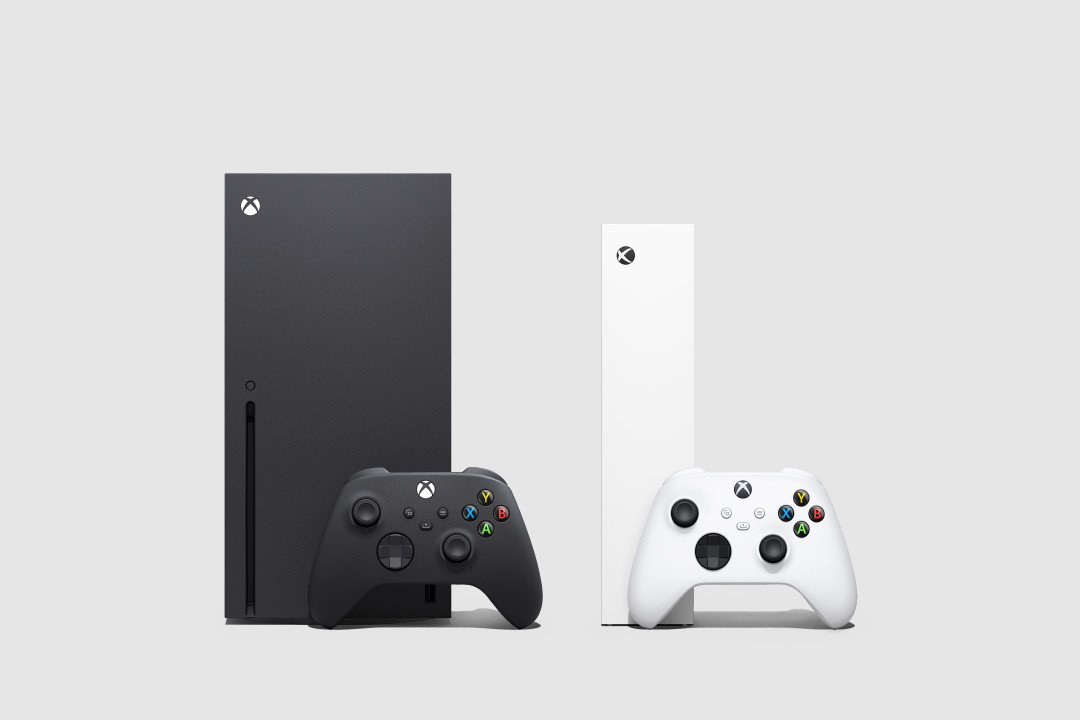
Obviously, as consumers, we all want the cheapest games possible, but if you were in Microsoft's shoes, what do you think would be the best course of action? Miss out on additional cash flow, which could finance further investments in content and studios? Or keep things as they are, and use it as a point of differentiation? Are there any other pros and cons worth exploring?
Xbox Series X/S
Main
- Xbox Series X: Everything we know
- Best games coming to Xbox Series X/S
- List of Xbox Series X specs
- What is the Xbox Series X release date?
- How much does Xbox Series X cost?
- Why you can't preorder Xbox Series X yet
- Best Xbox Series X Headsets

Jez Corden is the Executive Editor at Windows Central, focusing primarily on all things Xbox and gaming. Jez is known for breaking exclusive news and analysis as relates to the Microsoft ecosystem while being powered by tea. Follow on Twitter (X) and Threads, and listen to his XB2 Podcast, all about, you guessed it, Xbox!
